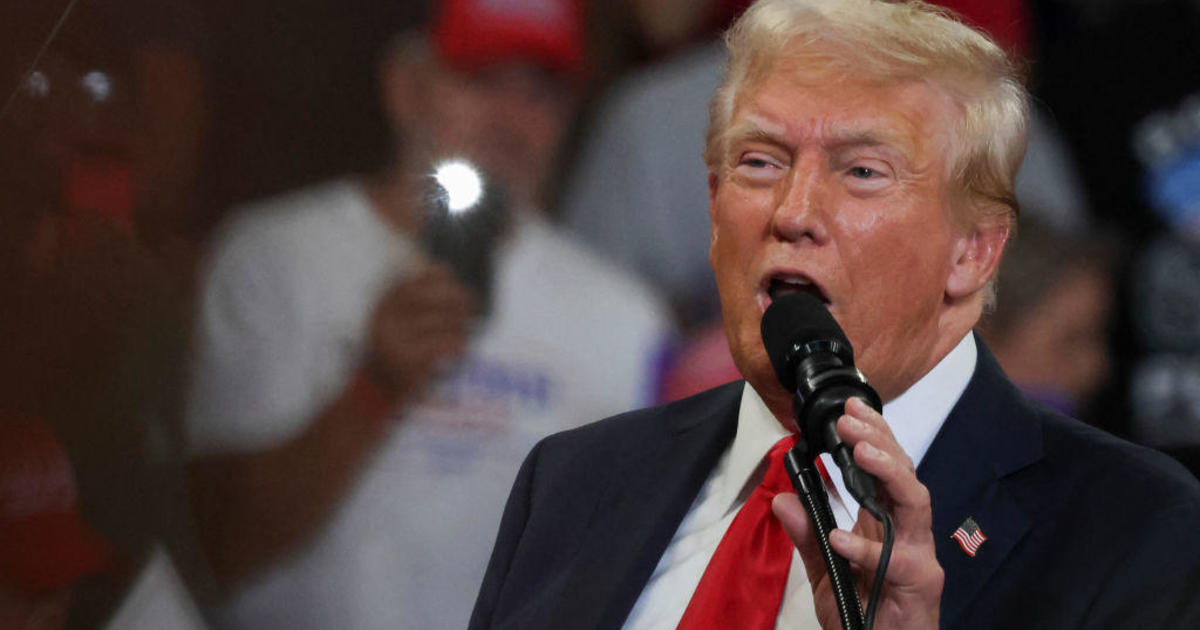On Saturday, a federal judge overseeing the election subversion case against former President Donald Trump rejected a defense effort to dismiss the indictment on claims of vindictive and political prosecution. U.S. District Judge Tanya Chutkan issued the ruling, marking the first substantive order since the case was returned to her following a Supreme Court opinion that conferred broad immunity for former presidents and narrowed special counsel Jack Smith’s case against Trump.
In their motion to dismiss the indictment, Trump’s defense lawyers argued that he was mistreated because he was prosecuted despite others who challenged election results avoiding criminal charges. Trump, who is the Republican nominee in the 2024 presidential race, also suggested that President Joe Biden and the Justice Department launched the prosecution to prevent him from winning reelection.
However, Judge Chutkan rejected both arguments, stating that Trump was not charged simply for challenging election results but for knowingly making false statements in furtherance of criminal conspiracies and for obstruction of election certification proceedings. She also dismissed the defense’s claim that the prosecution was politically motivated, noting that they had misread news media articles cited in their argument.
“After reviewing Defendant’s evidence and arguments, the court cannot conclude that he has carried his burden to establish either actual vindictiveness or the presumption of it, and so finds no basis for dismissing this case on those grounds,” Chutkan wrote in her order.
Additionally, Judge Chutkan scheduled an August 16 status conference to discuss the next steps in the case. The four-count indictment, brought in August 2023, accuses Trump of conspiring to overturn the results of the 2020 election he lost to Biden through various schemes, including pressuring his vice president, Mike Pence, to block the formal certification of electoral votes. Trump has pleaded not guilty to the charges.
Trump’s lawyers argued that he was immune from prosecution as a former president, leading to a hold on the case since December as the appeal worked its way through the courts. The Supreme Court, in a 6-3 opinion, ruled that presidents enjoy absolute immunity for core constitutional duties and are presumptively immune from prosecution for all other official acts. The case was sent back to Judge Chutkan to determine which acts alleged in the indictment can proceed with the prosecution and which must be discarded.
The ruling by Judge Chutkan marks a significant development in the ongoing legal battle surrounding Trump’s alleged involvement in the events leading up to and following the 2020 presidential election. The case has garnered widespread attention due to the high-profile nature of the defendant and the implications it may have for future presidential accountability and the integrity of the electoral process.
As the legal proceedings continue, the public will be closely watching to see how the case unfolds and what impact it may have on the political landscape moving forward. The outcome of this case could have far-reaching consequences not only for Trump but also for the broader implications of presidential immunity and the rule of law in the United States.









